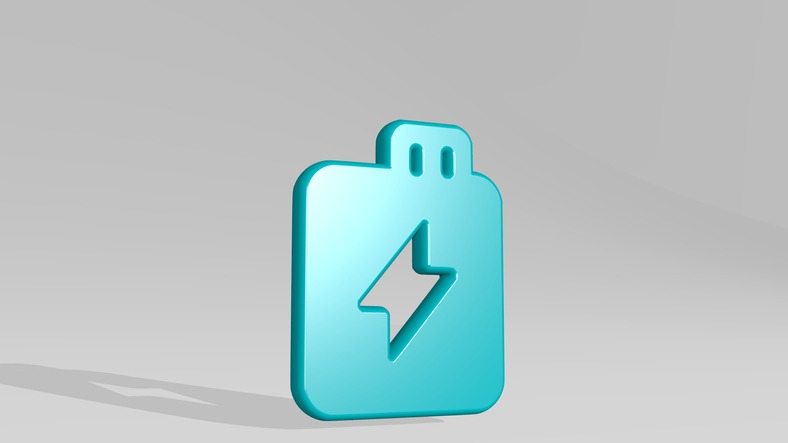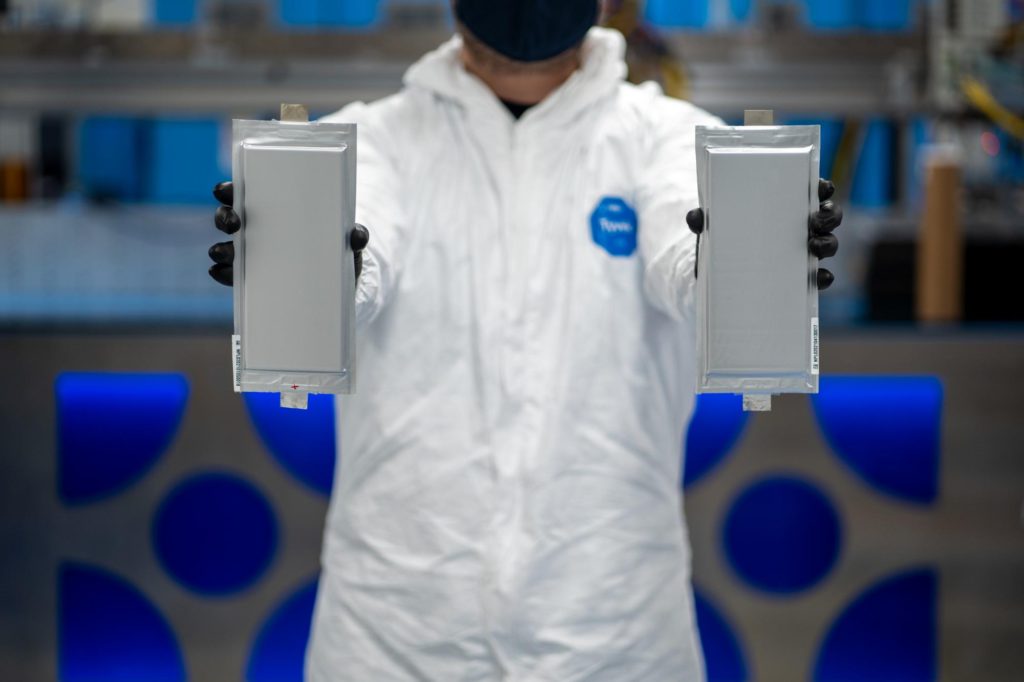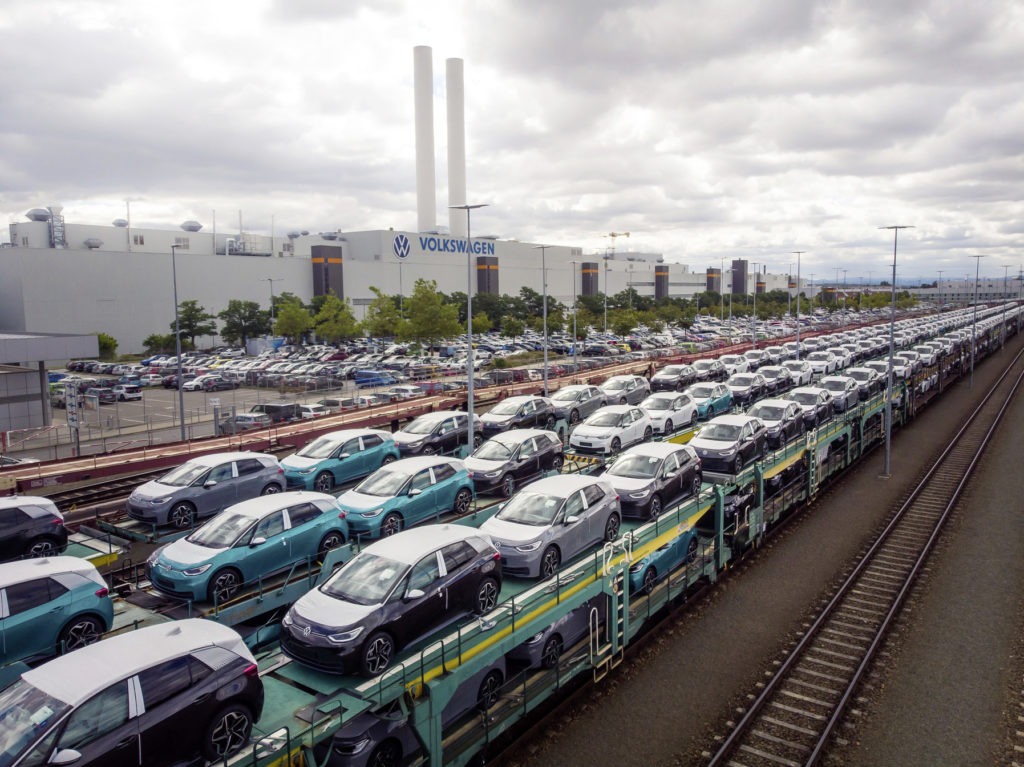Blackstone expands 3D-printed solid-state battery capacity in Germany
10 August 2021

Blackstone Technology GmbH will expand its battery-production facilities to 500MWh per annum at its site in Döbeln, Saxony, in 2022, thanks to investment of €40 million secured by its parent, Swiss holding company Blackstone Resources AG.
In the longer term, the investment will fund Blackstone’s plans to scale up battery production towards the 1,000MWh milestone and then up to 5,000MWh per year. Six customers from various industrial fields have already reserved 1,642MWh capacity for the company’s innovative batteries, with a combined order value of approximately €200 million, Blackstone reports.
This battery capacity may pale into insignificance compared to Volkswagen Group’s plans, for example, which entail the establishment of six gigafactories in Europe, with a total production capacity of 240GWh (240,000MWh) by 2030. However, the production of pouch cells features Blackstone’s ‘Thick Layer’ technology, which allows a 20% higher density in lithium-ion cells.
Furthermore, solid electrolytes are a key focus of current battery research. They are deemed a safer alternative to the conventional, highly-flammable liquid electrolytes typically used in lithium batteries.
In another initiative in Germany, the Federal Ministry of Education and Research (BMBF) is investing nearly €1.8 million in the ‘SoLiS’ (development of lithium-sulphur solid-state batteries in multilayer pouch cells) research project. This project started in July 2021 and is led by the Fraunhofer Institute for Material and Beam Technology (IWS), based in Dresden – also in the state of Saxony.
Four months from application to production
Blackstone only received an official operating permit from the Döbeln city authorities to start producing its 3D-printed, lithium-ion battery cells in July. Subsidy funding, amounting to 20% of the initial investment, was approved by the Sächsische Aufbaubank (SAB) on 21 July. This is financed with tax funds, ‘on the basis of the budget passed by the Saxon State Parliament.’
The company acknowledges that electric vehicles and batteries have driven the demand for vast quantities of metals. Accordingly, Blackstone ‘set ups, develops, and manages production refineries for battery metals such as lithium, cobalt, manganese, graphite, nickel and copper.’
With metals supply secured, small-series battery production is scheduled to start in September 2021 – only four months after an application was submitted to the building authorities. ‘Thanks to comprehensive preparation and good cooperation with the relevant authorities, approval was granted in a very short time.’
Blackstone is also constructing a new development centre close to the Döbeln plant, which will support development of the company’s manufacturing processes for its next-generation, 3D-printed, solid-state batteries. ‘With continuous development steps running parallel to series production, we therefore guarantee the technological maturity and marketability of our next-gen products today rather than tomorrow. This allows us to be present in the market right from the start and develop application-oriented solutions that are able to generate income at an early stage of development and demonstrate the quality of our solutions,’ the company stated.


